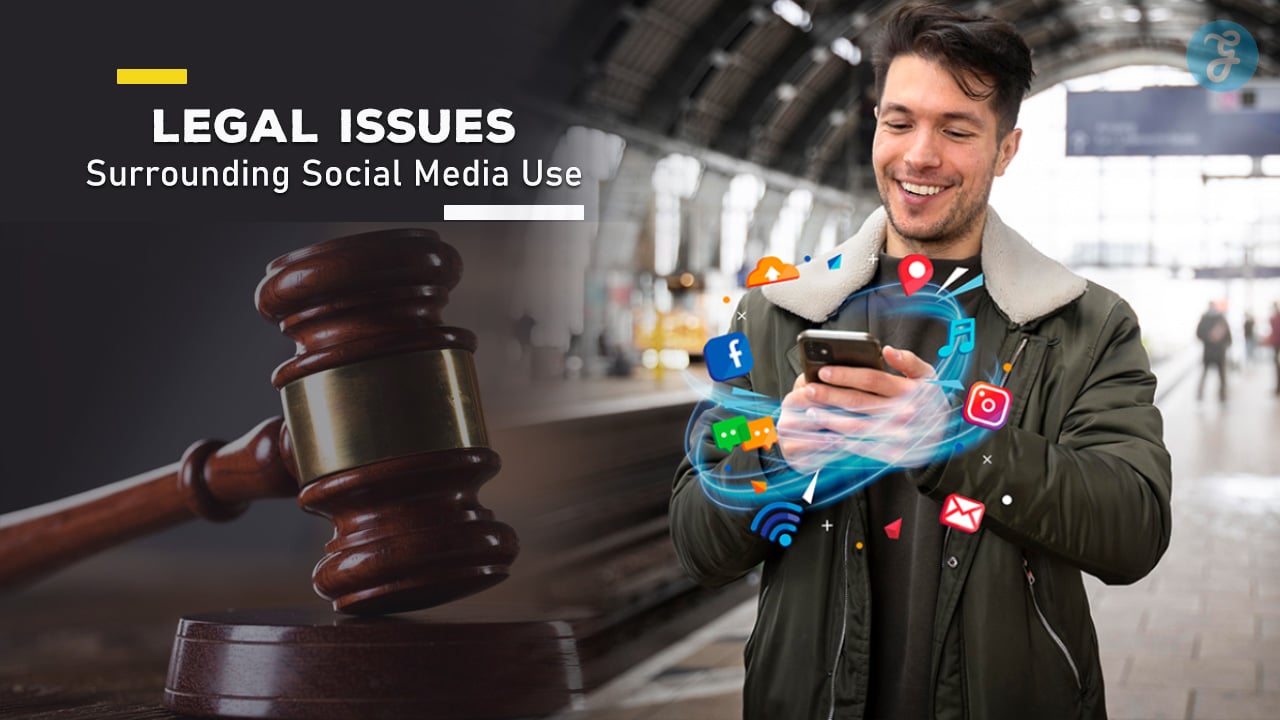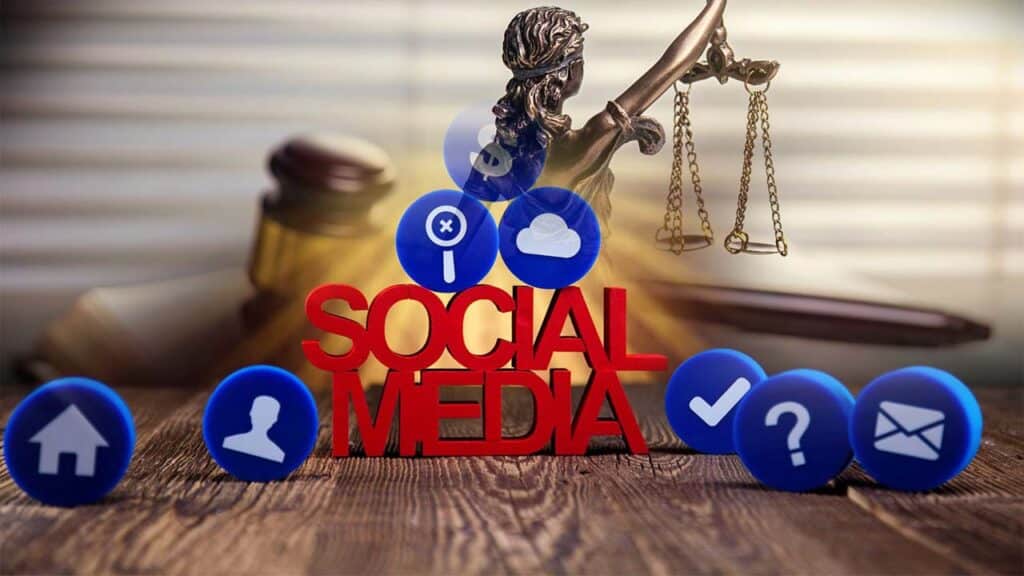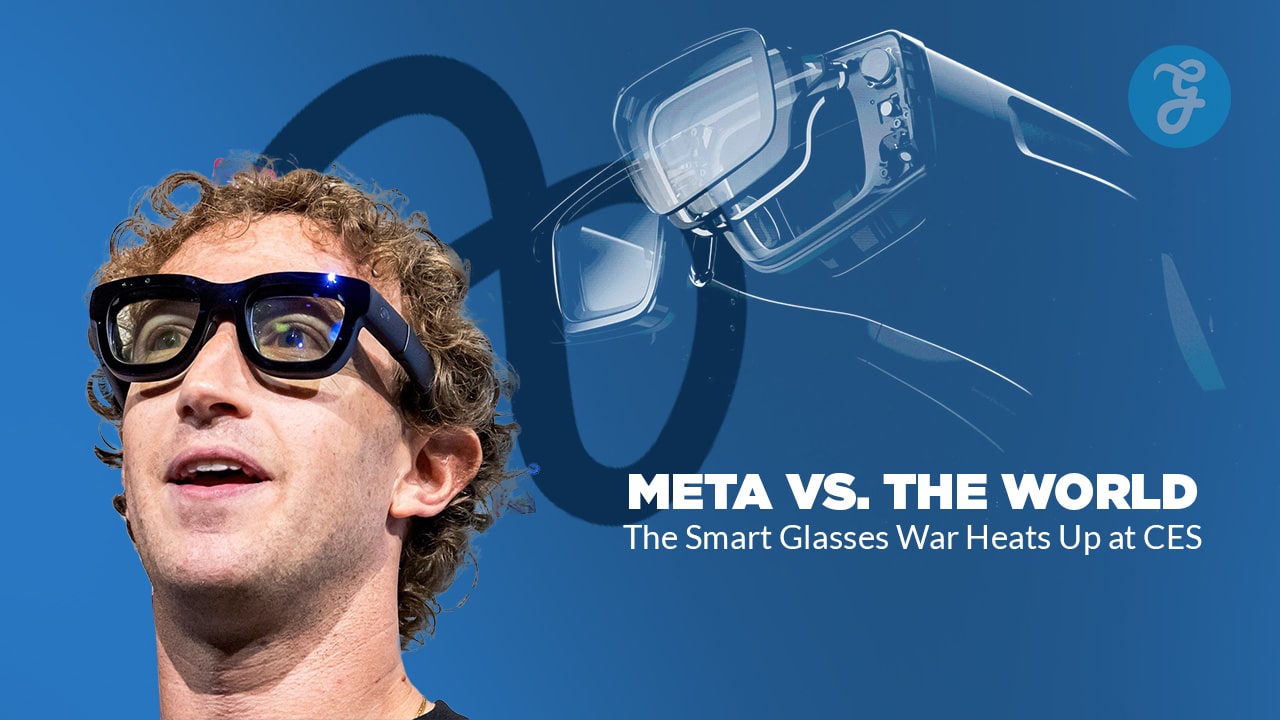Social media has changed the way people interact, share ideas, and conduct business on a global scale.
Platforms like Facebook, Twitter, Instagram, TikTok, and LinkedIn have revolutionized communication by creating new
ways to connect. However, as social media continues to grow, it also raises several complex legal issues.
From privacy violations to intellectual property theft, the legal framework governing social media is evolving and, in many cases, lagging behind technological advancements.
In this article, we will delve into 10 critical legal issues surrounding social media use, exploring their implications for individuals, businesses, and society.
These issues are essential for anyone who participates in social media, whether as a casual user, content creator, or business owner.
1. Privacy Violations and Data Protection
Privacy is a major concern for social media users. Social media platforms collect vast amounts of data from their users, often without explicit consent or understanding.
This includes sensitive information such as location, browsing behavior, and personal preferences.
The collection and use of this data can lead to serious privacy violations if misused.
- Data Collection Practices:
Many social media platforms have been criticized for their lack of transparency in data collection.
Facebook’s Cambridge Analytica scandal, for example, highlighted how third-party access to user data without proper consent can lead to significant privacy breaches.
- Third-Party Access to Data:
When users sign up for social media platforms, they often unknowingly allow their data to be shared with third-party applications.
This data can be used for advertising, marketing, or even sold to data brokers.
GDPR and Other Data Protection Laws
The General Data Protection Regulation (GDPR), enacted by the European Union in 2018, is one of the most comprehensive data protection laws.
It requires organizations to handle personal data in a transparent and secure manner.
Under GDPR, users must be informed about how their data is collected and used, and they have the right to access, correct, and delete their data.
- User Consent Requirements:
GDPR mandates that social media platforms obtain clear and affirmative consent from users before collecting their personal data.
This means no pre-ticked boxes or vague language in privacy policies.
- The Right to Be Forgotten:
Users have the right to request the deletion of their data, a provision known as the “right to be forgotten.”
This is particularly relevant for social media platforms that store a wealth of personal information.
Pro Tip
For businesses operating on social media, it’s essential to ensure compliance with data protection laws like GDPR, the California Consumer Privacy Act (CCPA), and other local regulations.
Review and update privacy policies regularly, and ensure that users are adequately informed about their data rights.
2. Defamation and Libel
Social media gives individuals the ability to share their opinions publicly, but it also raises the risk of defamation.
Defamation involves making false statements that damage someone’s reputation.
When these statements are posted online, they can spread rapidly, reaching a wide audience and causing serious harm.
- What Constitutes Defamation:
For a statement to be considered defamatory, it must be false and made with the intent to harm the subject’s reputation.
The statement must also be presented as a fact rather than an opinion.
For example, accusing someone of criminal behavior or unethical conduct without evidence could lead to a defamation lawsuit.
- Public Figures and Defamation:
Public figures, such as celebrities or politicians, have a higher threshold for proving defamation.
They must demonstrate “actual malice,” meaning that the false statement was made with the knowledge that it was false or with reckless disregard for the truth.
Libel on Social Media
Libel refers to defamatory statements made in a written format, which includes posts on social media.
Comments, posts, or tweets that falsely accuse someone of wrongdoing can result in legal action, especially if the statements harm the person’s career, reputation, or personal life.
- Damage to Reputation:
Defamatory posts on social media can have long-lasting effects, as they may be shared, reposted, and remain accessible for years.
Even if the original post is deleted, the damage may already be done.
- Legal Consequences:
Individuals and businesses can be sued for libel if they make false statements about others on social media.
Successful plaintiffs may receive damages for the harm caused to their reputation.
Pro Tip
Before posting or sharing any potentially damaging information about a person or organization, ensure that your statements are factual and backed by evidence.
Be particularly cautious when discussing sensitive topics like criminal allegations or professional misconduct.
3. Intellectual Property Infringement
One of the most common legal issues on social media is the infringement of intellectual property (IP) rights, particularly copyright.
Users frequently share images, videos, music, and other copyrighted content without obtaining permission from the original creator.
- Unauthorized Sharing of Content:
Uploading or reposting copyrighted material without the owner’s consent can lead to copyright infringement claims.
Social media users may think that simply giving credit to the creator is enough, but this is often not the case unless the content is explicitly licensed for sharing.
- Fair Use Doctrine:
In some cases, content may be used under the fair use doctrine, which allows limited use of copyrighted material for purposes such as commentary, criticism, or parody.
However, fair use is a complex legal standard, and many uses that people assume are fair use may still be infringing.
Trademark Infringement
Trademark infringement occurs when a company or individual uses a protected trademark, such as a brand logo, without permission.
This is particularly problematic on social media, where businesses may inadvertently use a competitor’s trademark in a way that causes confusion or suggests an endorsement.
- Counterfeit Products:
Social media has also become a platform for selling counterfeit goods.
Businesses that find their trademarks being used to sell fake products can take legal action to protect their brand.
- Brand Protection: Companies must monitor social media platforms for unauthorized uses of their trademarks and logos, particularly in cases where third parties attempt to impersonate their brand.
Pro Tip
If you’re sharing content on social media, ensure that you have the necessary permissions or licenses to do so.
Use Creative Commons-licensed materials or public domain content to avoid copyright infringement.
For businesses, monitor the use of your trademarks online and enforce your intellectual property rights when necessary.
4. Employment Law and Social Media Use
Many employers now use social media to screen potential job candidates.
While this practice can provide valuable insights into a candidate’s background, it also raises legal concerns related to privacy and discrimination.
- Background Checks and Discrimination:
Social media profiles often contain personal information about a candidate’s race, gender, religion, age, or political views.
Employers who use this information in their hiring decisions may face claims of discrimination if they reject candidates based on protected characteristics.
- Privacy Concerns:
Some job applicants may argue that using social media information for hiring decisions violates their privacy rights, particularly if their profiles are not set to public.
While employers are allowed to review publicly available information, accessing private social media accounts without permission is generally considered a breach of privacy.
Employee Misconduct on Social Media
The rise of social media has blurred the lines between personal and professional behavior.
Employees’ actions on social media, even in their private time, can have legal implications for their employers.
- Reputation Damage:
If an employee posts inappropriate or harmful content online, it can damage the reputation of their employer, especially if the employee is publicly associated with the company.
Employers may be held liable for their employees’ actions if they do not take appropriate disciplinary measures.
- Disciplinary Actions:
Employers have the right to terminate or discipline employees for social media misconduct, but they must do so within the bounds of employment law.
Wrongful termination claims can arise if an employer fails to follow proper procedures.
Pro Tip
Employers should establish clear social media policies that outline acceptable behavior both during and outside of work hours.
These policies should also explain the consequences of violating the guidelines, helping to protect the company from reputational harm and legal liability.
5. Cyberbullying and Harassment
Cyberbullying and online harassment are significant legal and ethical issues on social media platforms.
These behaviors can include sending threatening messages, spreading malicious rumors, or stalking individuals online.
The anonymity and reach of social media have exacerbated the problem, making it easier for perpetrators to harm others from behind a screen.
- Legal Ramifications:
Many jurisdictions have enacted laws specifically targeting cyberbullying and online harassment.
In some cases, these acts can result in both civil and criminal charges.
Harassment victims may seek restraining orders, file lawsuits, or pursue criminal charges against the perpetrators.
- Platform Responsibility:
Social media platforms are increasingly being held accountable for failing to adequately address harassment.
While platforms like Facebook and Twitter have reporting mechanisms in place, critics argue that enforcement is often inconsistent, leaving victims without recourse.
Defensive Measures for Victims
Victims of cyberbullying and harassment have legal options, including pursuing civil lawsuits for defamation, emotional distress, or invasion of privacy.
They can also report the abuse to the platform and law enforcement.
- Documenting Evidence:
Victims should document instances of harassment, including screenshots, timestamps, and witness statements, as these will be critical in any legal case.
- Platform Reporting Tools:
Most social media platforms offer tools for reporting abusive content.
However, these tools are not always effective, and many victims find that repeated incidents are necessary before action is taken.
Pro Tip
If you are the target of harassment or cyberbullying, take immediate action by documenting all instances of abuse and reporting the perpetrator to both the platform and law enforcement.
Consider seeking legal advice if the harassment continues.
6. Advertising and Endorsement Disclosures
The rise of influencer marketing has created new challenges for transparency in advertising.
In many cases, social media users are unaware that influencers are being paid to promote products or services. This lack of disclosure can lead to deceptive advertising practices.
- FTC Regulations:
In the U.S., the Federal Trade Commission (FTC) requires influencers to disclose any paid partnerships or sponsorships clearly and prominently.
This includes receiving free products, affiliate commissions, or any other form of compensation.
- Disclosure Requirements:
Disclosures must be easy to understand and placed in a conspicuous location, such as the beginning of a post or video description.
Hashtags like #ad or #sponsored are commonly used to indicate a paid promotion, but the FTC has criticized influencers for burying these disclosures in a sea of other hashtags.
Penalties for Non-Compliance
Failure to comply with FTC guidelines can result in significant fines for both the influencer and the brand involved.
In recent years, the FTC has cracked down on influencers who fail to disclose paid partnerships, and brands are increasingly being held accountable for ensuring their marketing practices are transparent.
- False Endorsements:
Influencers who make false claims about a product, such as exaggerating its benefits or effectiveness, can also face legal consequences.
Consumers who believed the endorsement to be false may file lawsuits as a result of these actions.
Pro Tip
If you are an influencer or brand using social media for marketing, ensure all paid partnerships are disclosed clearly. Keep up to date with FTC guidelines to avoid costly fines or legal action.
7. Data Breaches and Cybersecurity
Social media platforms are increasingly becoming targets for cyberattacks, putting users’ personal information at risk.
Data breaches can expose sensitive information such as passwords, credit card numbers, and personal details, leading to identity theft, financial fraud, and reputational damage.
- Legal Implications for Companies:
Companies that fail to protect their customers’ data may face legal action from affected users, regulatory fines, and reputational damage.
Data protection laws like GDPR impose strict requirements for how personal data should be stored and protected.
- Phishing Scams and Account Hacking:
Cybercriminals often use social media platforms for phishing attacks, tricking users into sharing sensitive information by posing as legitimate entities.
Account hacking is also a common issue, with hackers gaining access to user profiles and using them for fraudulent purposes.
Company Responsibility for Data Security
If a business’s social media account is compromised, it can lead to severe legal and financial consequences, especially if customer data is exposed.
Companies must invest in robust cybersecurity measures to protect their social media accounts from unauthorized access.
- Two-Factor Authentication:
One of the most effective ways to secure social media accounts is by enabling two-factor authentication (2FA), which adds an extra layer of security.
- Employee Training:
Human error is a major factor in many data breaches. Training employees on how to recognize phishing attempts and secure their social media accounts is essential for preventing breaches.
Pro Tip
Implement strong passwords, two-factor authentication, and regular security audits to safeguard your social media accounts from potential breaches.
If a breach occurs, notify affected users promptly and comply with data breach reporting requirements under laws like GDPR.
8. Freedom of Speech vs. Platform Policies
Social media platforms operate as private companies, meaning they have the right to set and enforce their own content moderation policies.
However, this has led to debates about whether social media companies should be allowed to censor or remove content that users believe falls under their right to free speech.
- Content Moderation:
Platforms like Facebook, Twitter, and YouTube have policies that prohibit hate speech, misinformation, and violent content.
While these policies aim to create a safe environment, they sometimes lead to accusations of censorship when users’ posts are removed.
- Legal Precedent:
Courts have generally upheld the right of social media platforms to moderate content.
In the U.S., the First Amendment protects individuals from government censorship but does not apply to private companies.
This means that platforms are not legally required to host content that violates their terms of service.
Platform Liability and Section 230
Social media platforms in the United States have legal immunity for user-posted content thanks to Section 230 of the Communications Decency Act.
This law allows platforms to moderate content without being treated as the publisher of that content, shielding them from defamation or liability lawsuits.
- Calls for Reform:
Section 230 has come under scrutiny, with some lawmakers calling for reforms that would hold platforms more accountable for harmful content.
Critics argue that platforms should be liable for failing to remove illegal or harmful content, while others believe that increased regulation could stifle free speech.
Pro Tip
Understand the community guidelines of any social media platform you use.
While free speech is a fundamental right, platforms have the legal authority to moderate and remove content that violates their policies.
9. Intellectual Property Theft via User-Generated Content
When users post content on social media platforms, there are often misunderstandings about who owns that content.
While users may assume they retain full ownership, many platforms include provisions in their terms of service that allow the platform to use, distribute, or modify user-generated content without compensation.
- User Licensing Agreements:
Social media platforms often require users to grant them a license to use their content.
This can include the right to share, display, or modify the content for various purposes, including advertising.
Users should be aware of what they’re agreeing to when they post content.
- Misuse of User-Generated Content:
Intellectual property theft can occur when others copy, repost, or use user-generated content without permission.
This is particularly problematic for content creators, artists, and photographers whose work is frequently shared online without proper attribution.
Pro Tip
Read the terms of service on social media platforms carefully to understand the licensing agreements and how your content may be used.
If you’re a creator, consider watermarking your content or using platforms that offer better protection for intellectual property.
10. Fake News and Misinformation
The rapid dissemination of information on social media has made it a fertile ground for the spread of fake news and misinformation.
Whether related to politics, health, or current events, misinformation can have serious real-world consequences.
- Public Health Crises:
During the COVID-19 pandemic, social media became a major platform for the spread of false information about the virus, vaccines, and treatments.
The spread of such misinformation led to public confusion and undermined public health efforts.
- Election Misinformation:
Social media has also been used to spread misinformation during elections, which can undermine democratic processes.
False claims about election results, voter fraud, or political candidates have caused widespread distrust in electoral systems.
Legal Implications for Spreading Misinformation
Although spreading misinformation is often protected as free speech, certain types of false claims can lead to legal action.
For example, false health claims can result in lawsuits for fraud or misleading advertising. In some cases, individuals who spread harmful misinformation can be sued for defamation or incitement to violence.
Pro Tip
Before sharing any news or information on social media, verify its accuracy from reputable sources.
Social media platforms are increasing their efforts to flag or remove misinformation, but users also have a responsibility to avoid spreading false claims.
Conclusion
The legal issues surrounding social media use are varied and complex, affecting individuals, businesses, and even governments.
As social media platforms continue to evolve, so too will the legal frameworks that govern them.
From privacy concerns and intellectual property theft to defamation and misinformation, understanding these 10 legal issues is essential for navigating the digital landscape responsibly.
By staying informed and following best practices, social media users and businesses can avoid legal pitfalls, protect their rights, and use these platforms safely and ethically.





































